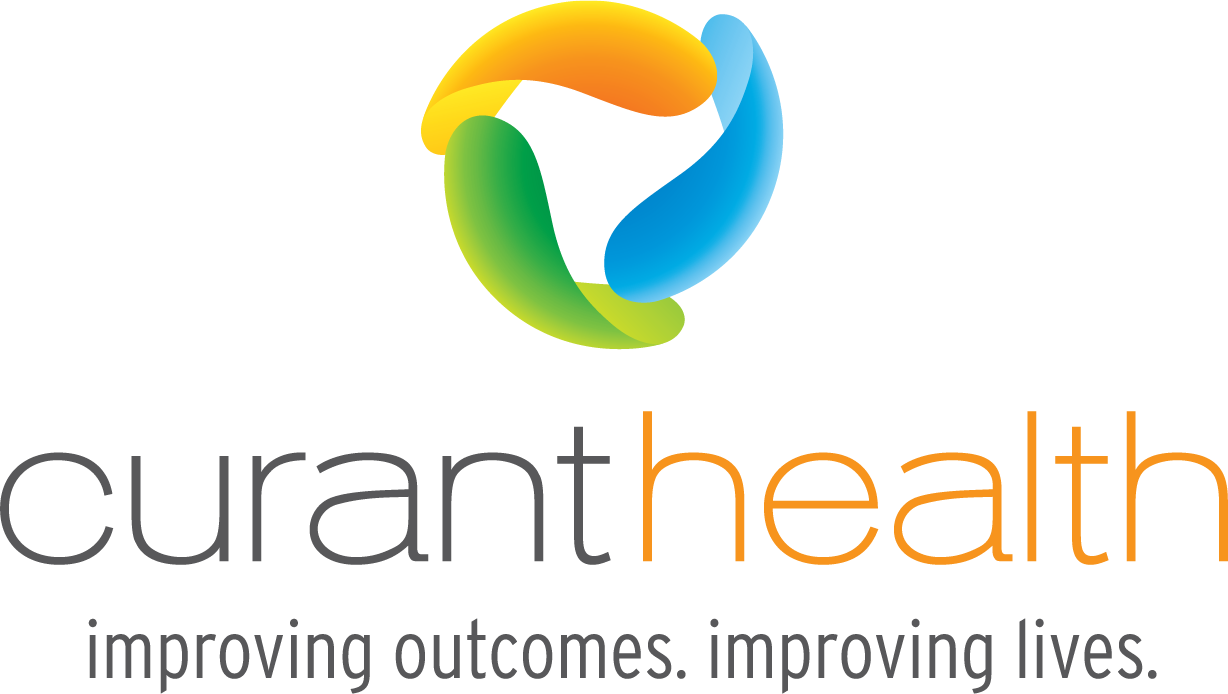In just about every iteration of Star Trek, Starfleet doctors utilize medical tricorders to quickly diagnose patients. Even in futuristic sci-fi, healthcare technology is wielded by doctors, who use it to make diagnoses and prescribe therapies. That’s because the writers understood that technology is no replacement for human intuition and empathy.
We may not be anywhere near medical tricorders yet, but technology is expanding rapidly in the healthcare space. Between the plethora of disease and treatment information available on the internet, wireless home medical devices and iPhone apps, it’s becoming easier for patients and healthcare professionals alike to increase their reliance on technology.
But is all that tech improving patient outcomes and decreasing health care spends? The straightforward answer is no; unless it is combined with meaningful human engagement. When that happens, a powerful alliance is formed that achieves both goals. That combination is the cornerstone of the philosophy behind Curant Health, bolstering the efficacy of digital platforms through personal “human hand” direct engagement with patients.
Healthcare technology success lies in the convergence between digital health and true human interaction. Partnerships are coming among companies with prescient acuity in digital health and mHealth technology and those that provide the kind of high touch, trust-based, “treat you like family” patient care that can only come from empathetic, human-to-human engagement.
How good are you at this tech stuff?
Speaking of fantastic technology advances, why not go ahead and test your own tech smarts? Think you can identify real tech or Star Trek? Check out How Stuff Works' quiz here.

